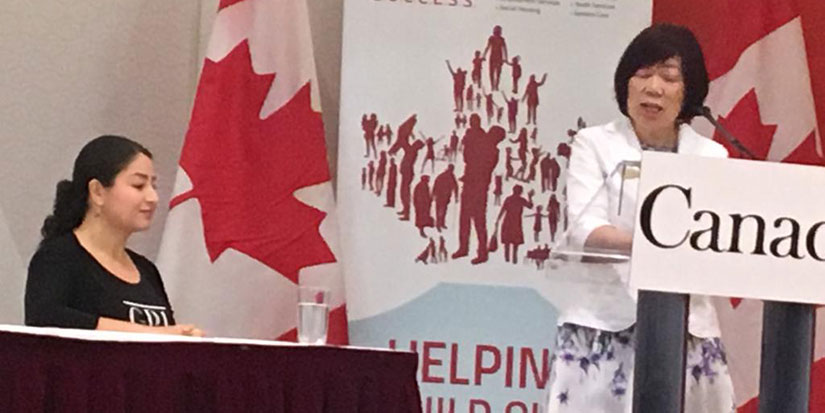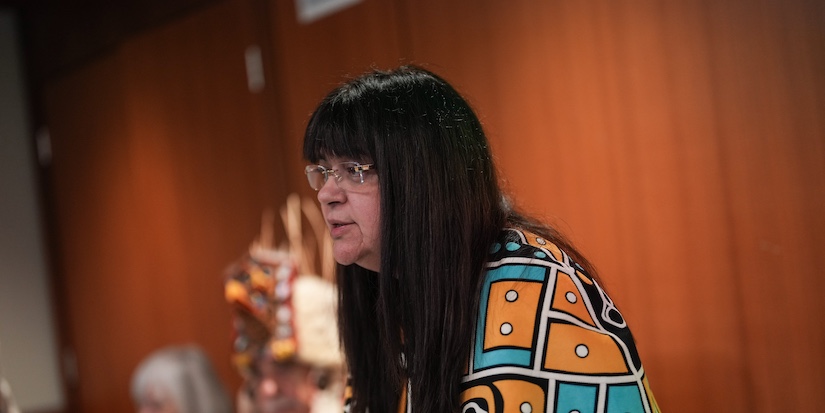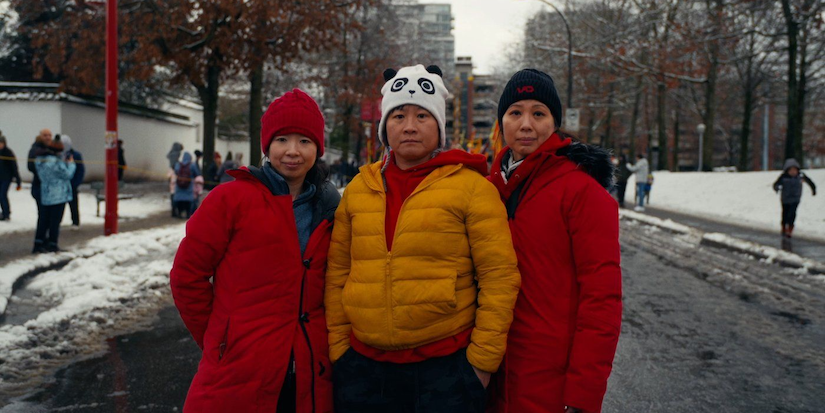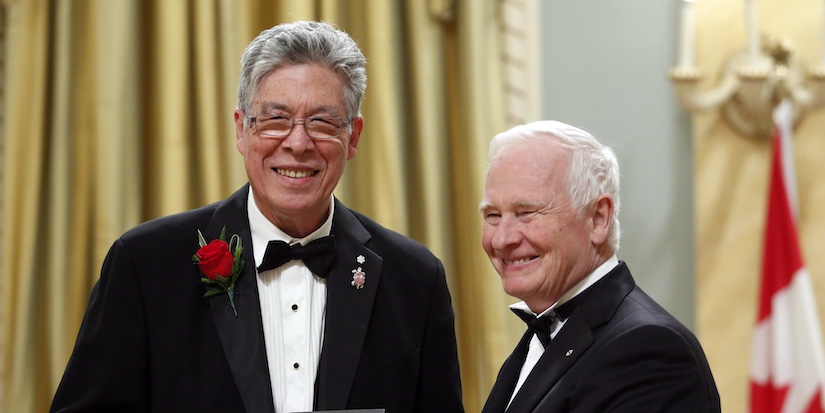Latest News
New hope for foreign-trained professionals
Canada has a point system for admitting immigrants.
Canada has a point system for admitting immigrants.
For many, their professional and educational qualifications
help them to be admitted. Unfortunately, many find once they get here that
those qualifications are not recognized. Doctors, lawyers, engineers, nurses,
architects, teachers and more can no longer practice the very profession that
got them into Canada. Doctors clean the grill at burger joints, engineers pound
roofing nails, highly skilled nurses change children or elders’ nappies and the
list goes on.
All this while Canada is short of people with these skills
and education.
“Our future
prosperity depends on making sure that no untapped talent is left behind,” says
Maryam Monsef, federal minister of International Development and Minister for
Women and Gender Equality.
Today at a press conference at S.U.C.C.E.S.S., Monsef spoke
on behalf of Patty Hajdu, the Minister of Employment, Workforce Development and
Labour, to announce a programs addressing these problems facing immigrants and
employers.
“The Foreign
Credential Recognition Program (FCRP) provides funding to provincial and
territorial governments, regulatory bodies, national associations and
credential assessment agencies to enhance the foreign credential recognition
process,” says Monsef.
Many of the associations that grant accreditation to
professionals such as the College of Physicians and Surgeons of BC or the
Association of Professional Engineers and Geoscientists of British Columbia,
have argued they have neither the time nor the funding to assess foreign
credentials. The FCRP will help with that bottle neck.
Monsef says, “Currently, the skills credential assessment
process phase can take years between applying to a regulator to getting their
license and finding a job.”
Too often, an immigrant must start work right away to
support themselves and their family, usually at a low-paying service job, so
they cannot afford to regain their qualifications once they arrive in Canada.
The new program hopes to soften the financial burden to
immigrants as well. A new loans program will be offered to those with foreign
credentials who need to take Canadian qualifying courses or exams. The money
can be used to help with travel costs, child care costs, exam fees and a host
of other barriers to reclaiming their professions. This program offers loans of
up to $15,000 per person and direct employment supports.
It’s a two-pronged program to help professionals reestablish
their careers once in Canada.
Monsef says, “The foreign credential recognition loans
project is more than $3.9 million for an eight-year project to provide loans to
help cover credential recognition related expenses as well as support services
for navigating recognition processes.”
And the second prong is help getting a professional job. In
a country with a population as low as Canada’s, just sending off résumés rarely
garners a job, particularly in a skilled field. It takes networking, people who
get to know the immigrant, who trust them and who will let them know when a job
comes up. According to economist Dr. Roslyn Kunin, only a small percentage of
professional jobs are ever advertised. It is only through networking people can
even learn about these vacancies.
The last prong of the program looks to address that need by
helping find mentors and networks for newcomers.
“(It’s) more than $3.8 million for a three-year project to
help internationally trained newcomers in Toronto and Vancouver find
sustainable employment in Canada by facilitating connections with employers,”
she says.
As well, Monsef announced an additional $314.8 million over
five years for the Canada Service Corps.
Created by Prime Minister Justin Trudeau, who also serves as
youth minister, and open to young Canadians between 15 and 30 years of age, the
corps arranges for service placements with a range of not-for-profit
organizations as well as for grants ranging from $250 to $1,500 for youth to
start their own community-based service project. Much as his father’s
Opportunities for Youth Program in the 1970s, where youth could either come up
with a project and submit a proposal to be funded by the federal government, or
where youth could join an existing service program, the Canada Service Corps
seeks to provide young people with the skills they need to organize and run
non-profits and businesses in the future.
“This work is
encouraging Canadian youth to get involved in service opportunities where they
will gain valuable skills and experience that will benefit them in every aspect
of their life,” she says.
“We know that Canada
is at its best and most prosperous when all Canadians have a real and fair
chance at success. We know that investing in new Canadians and youth will
strengthen our middle class and grow our economy.”
Monsef says these programs will benefit employers hungry for
qualified people, immigrants with foreign credentials, and young people looking
to enter the workforce.
“We need the talent
and we cannot afford to leave a drop of talent out the workforce.”






























